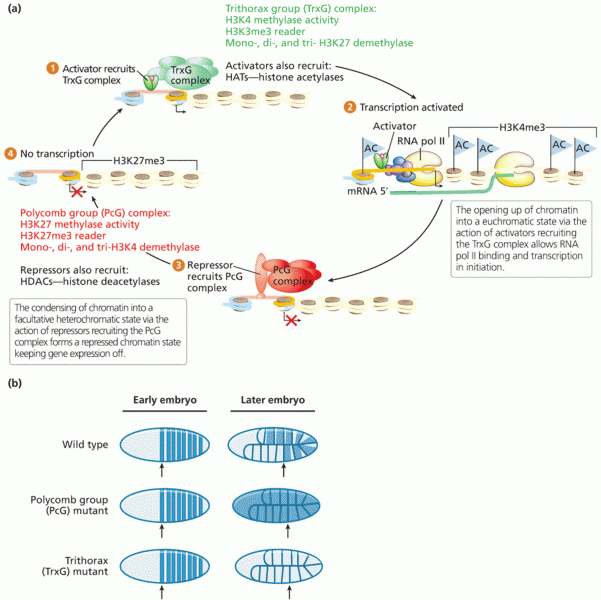|
|
|
The oldest recorded age was 122. Madame Jeanne Calment was born in France in 1875 and died in 1997. She was a vegetarian and loved olive oil, port wine, and chocolate.
The average office desk has 400 times more bacteria on it than a toilet.
According to the FDA, adverse drug events harmed or killed approximately 1,200,000 people in the United States in the year 2015.
More than one-third of adult Americans are obese. Diseases that kill the largest number of people annually, such as heart disease, cancer, diabetes, stroke, and hypertension, can be attributed to diet.
Dogs have been used in studies to detect various cancers in human subjects. They have been trained to sniff breath samples from humans that were collected by having them breathe into special tubes. These people included 55 lung cancer patients, 31 breast cancer patients, and 83 cancer-free patients. The dogs detected 54 of the 55 lung cancer patients as having cancer, detected 28 of the 31 breast cancer patients, and gave only three false-positive results (detecting cancer in people who didn't have it).
 Many people consider the British statesman Winston Churchill (1874–1965) to be an exemplar of the ...
Many people consider the British statesman Winston Churchill (1874–1965) to be an exemplar of the ...
 Poverty rates have declined in the last 50 years, and the biggest decline has been for people 65 and ...
Poverty rates have declined in the last 50 years, and the biggest decline has been for people 65 and ...





